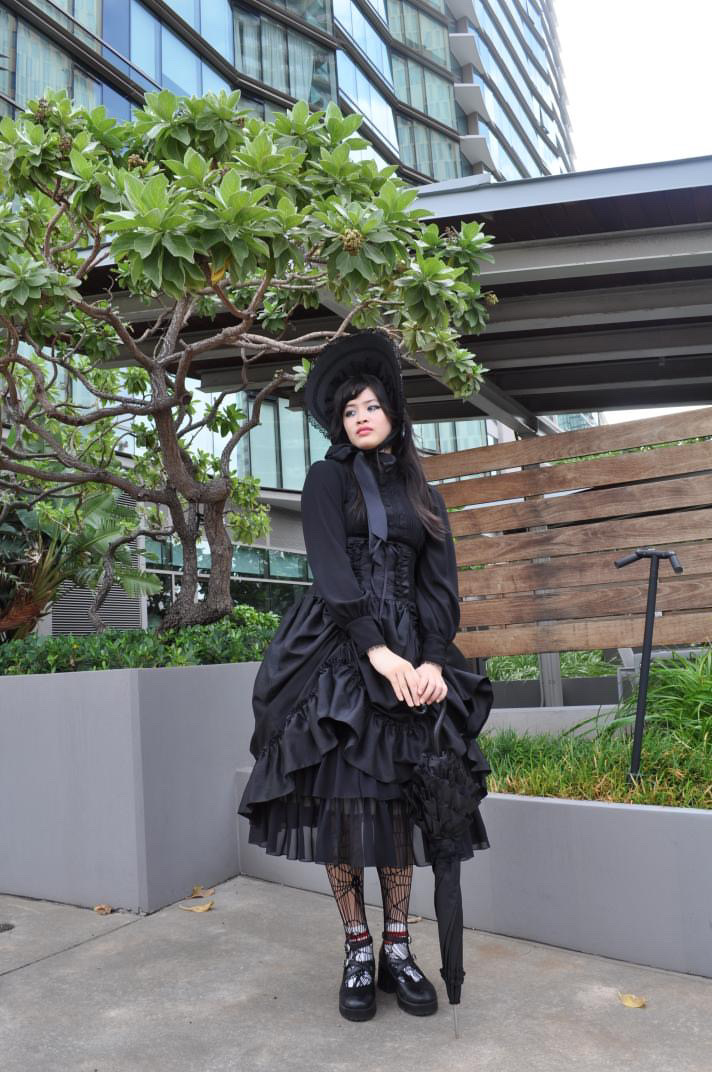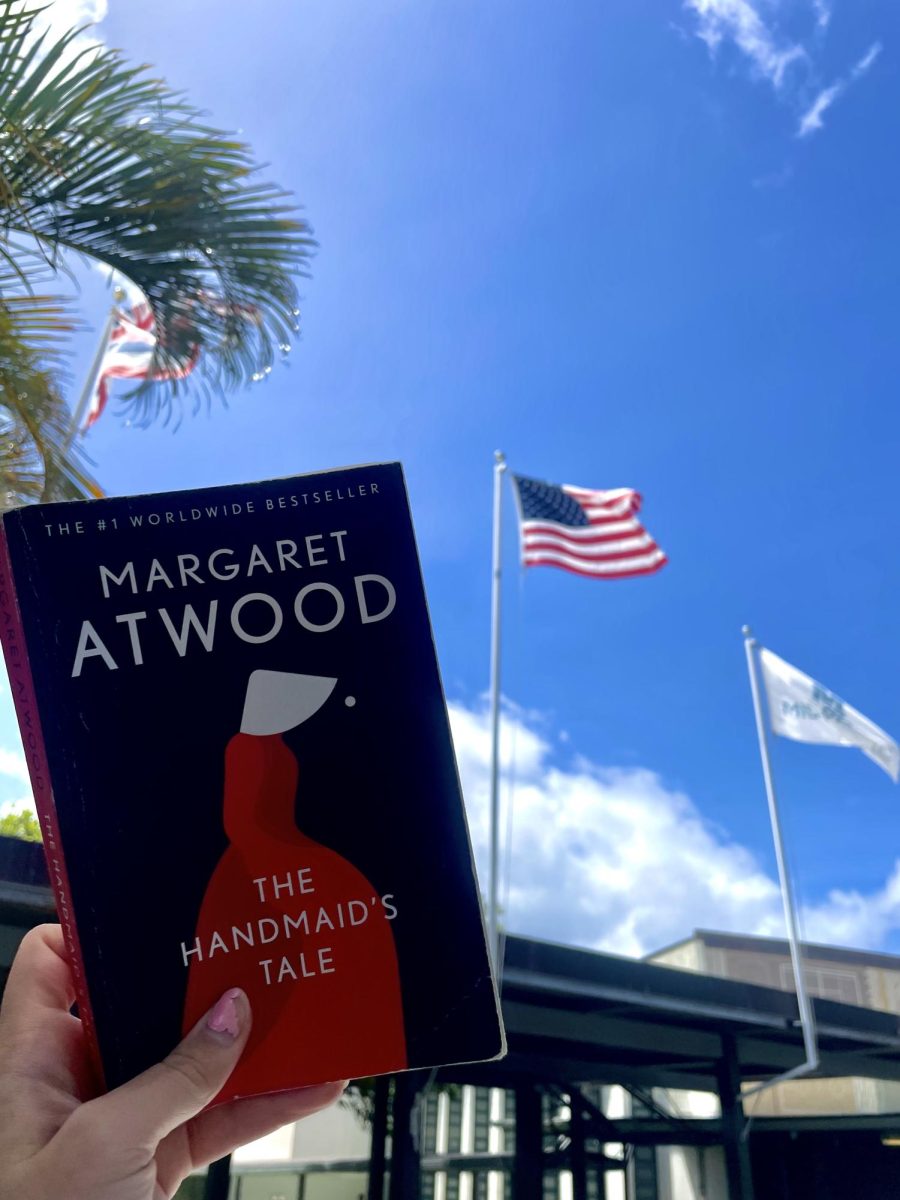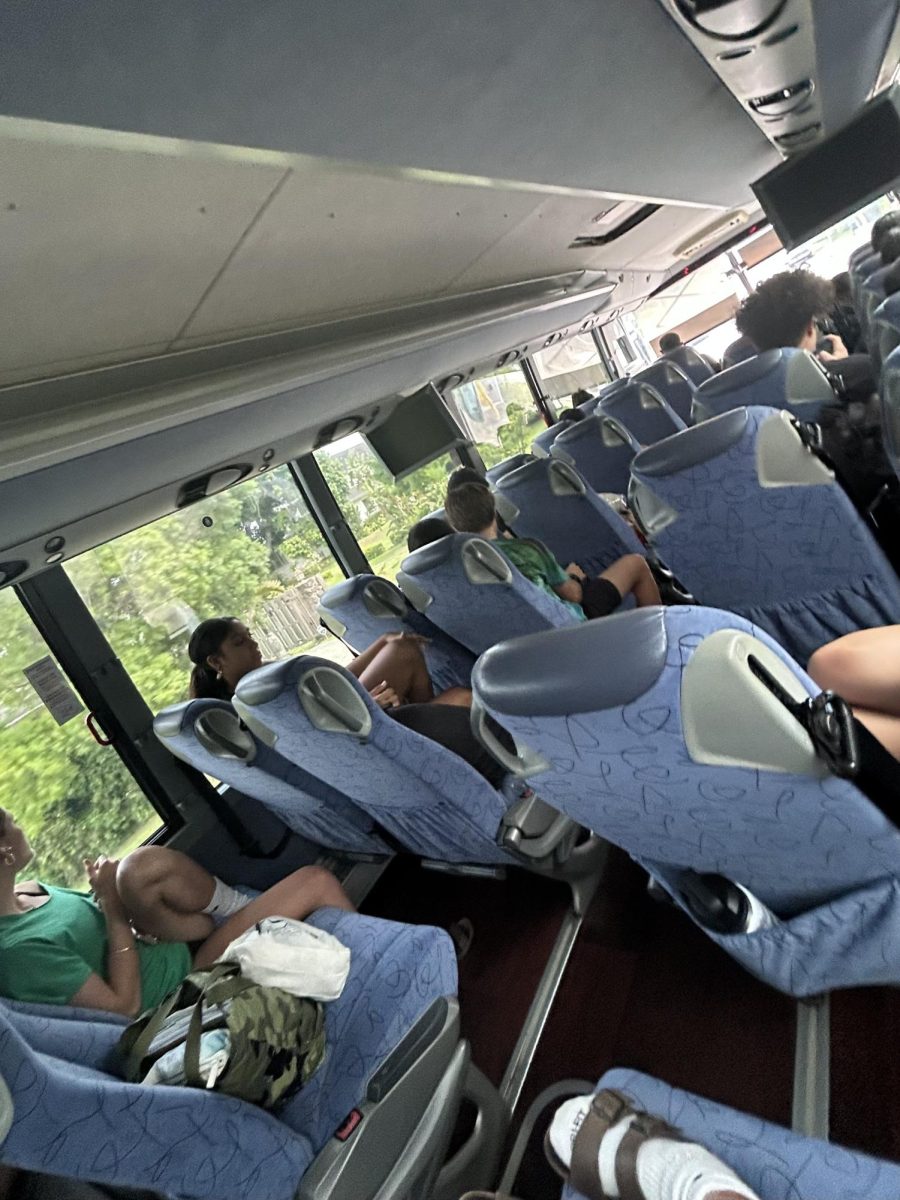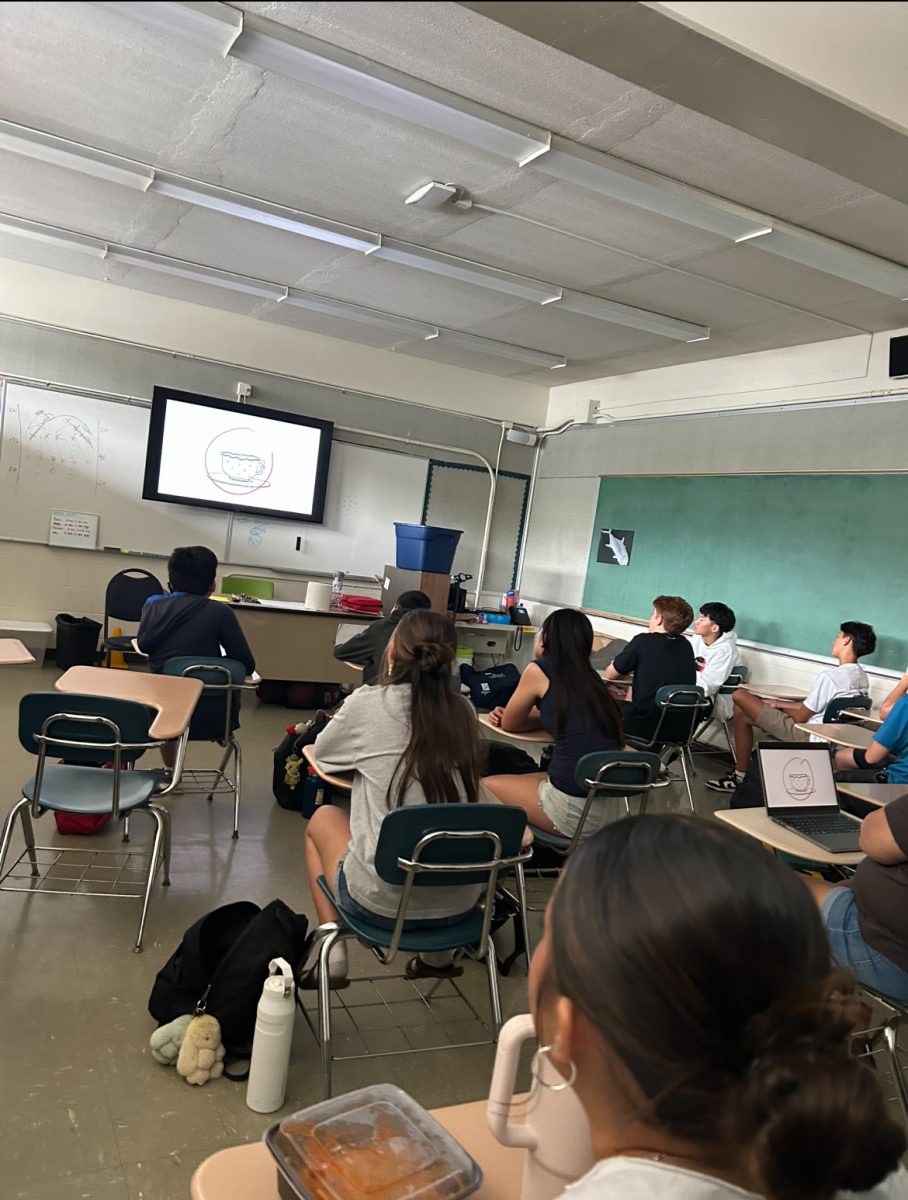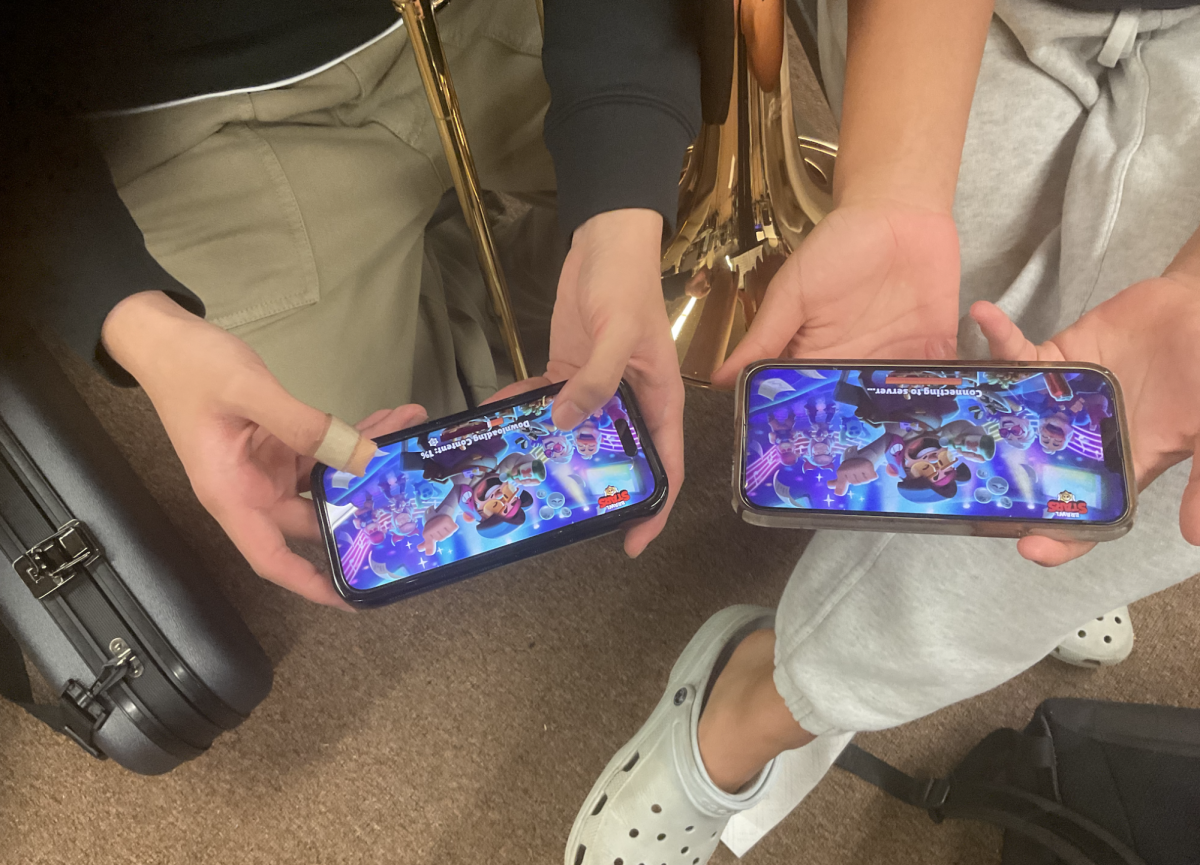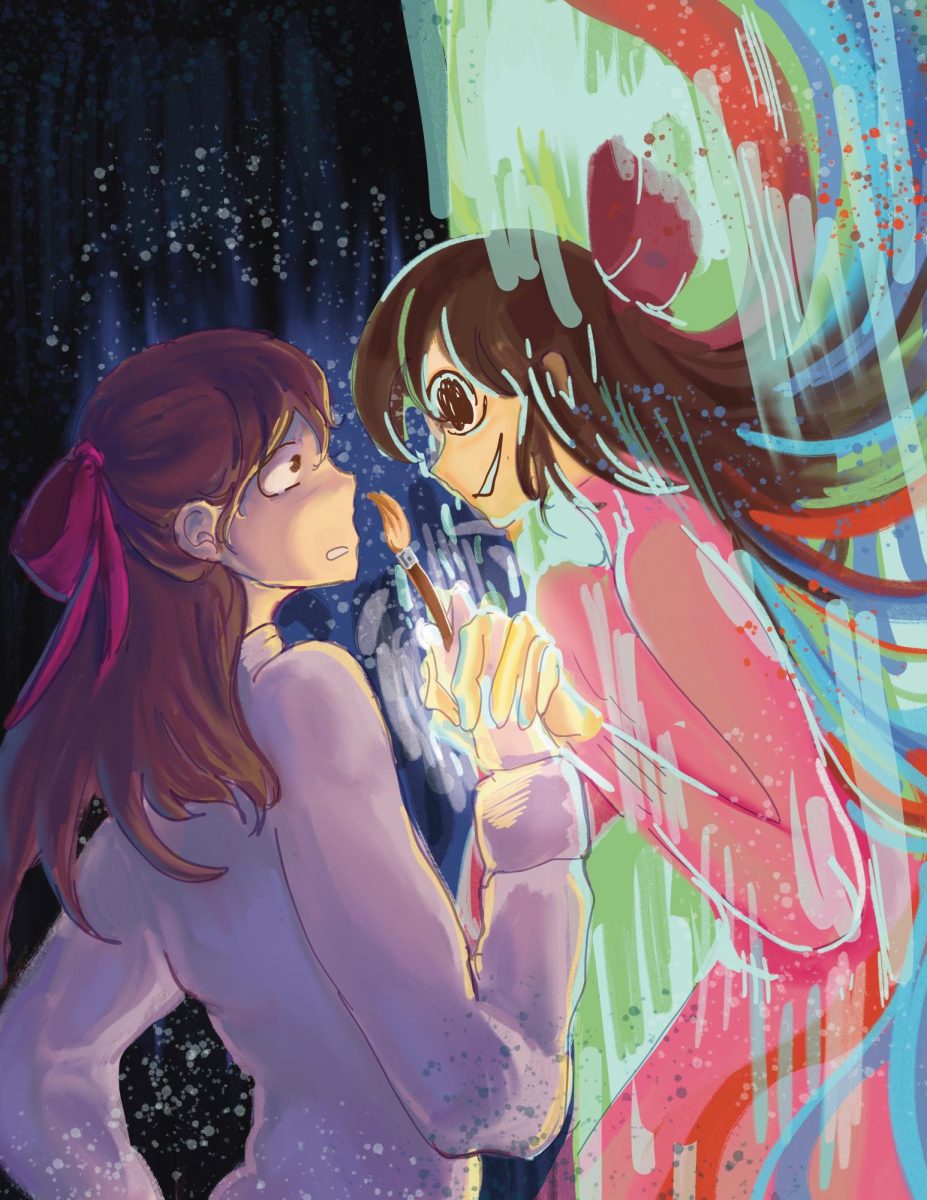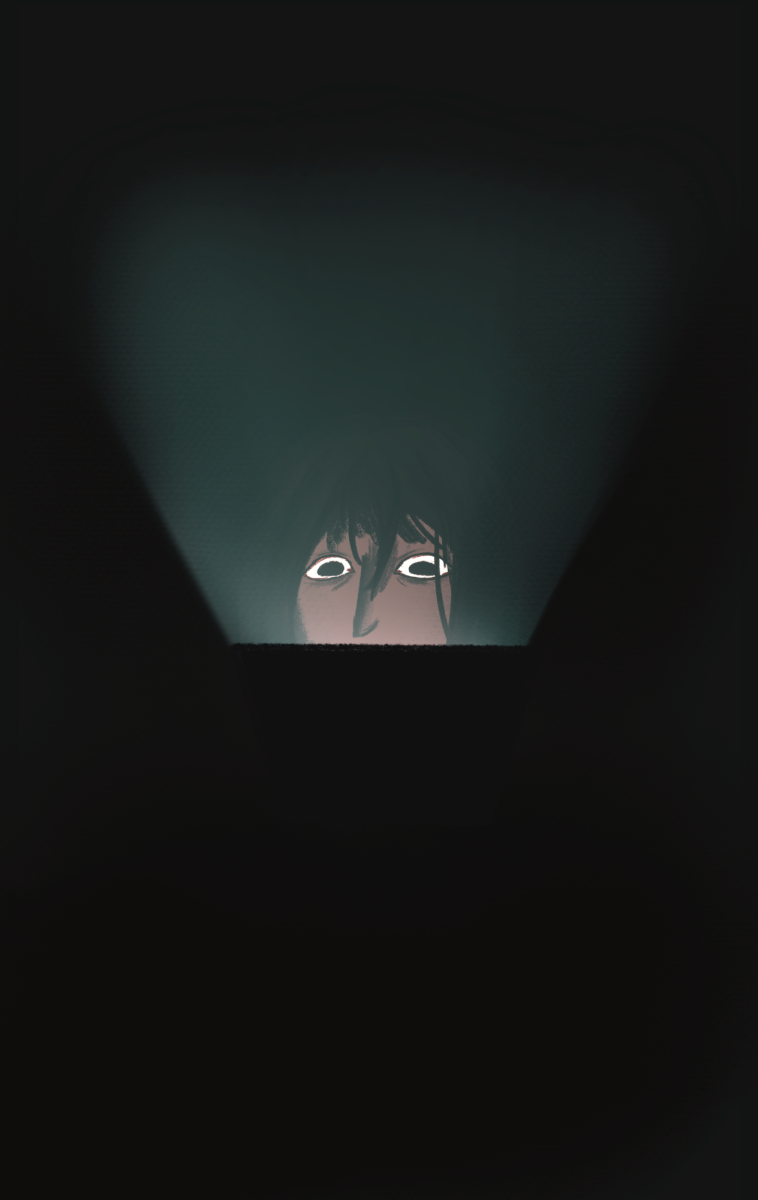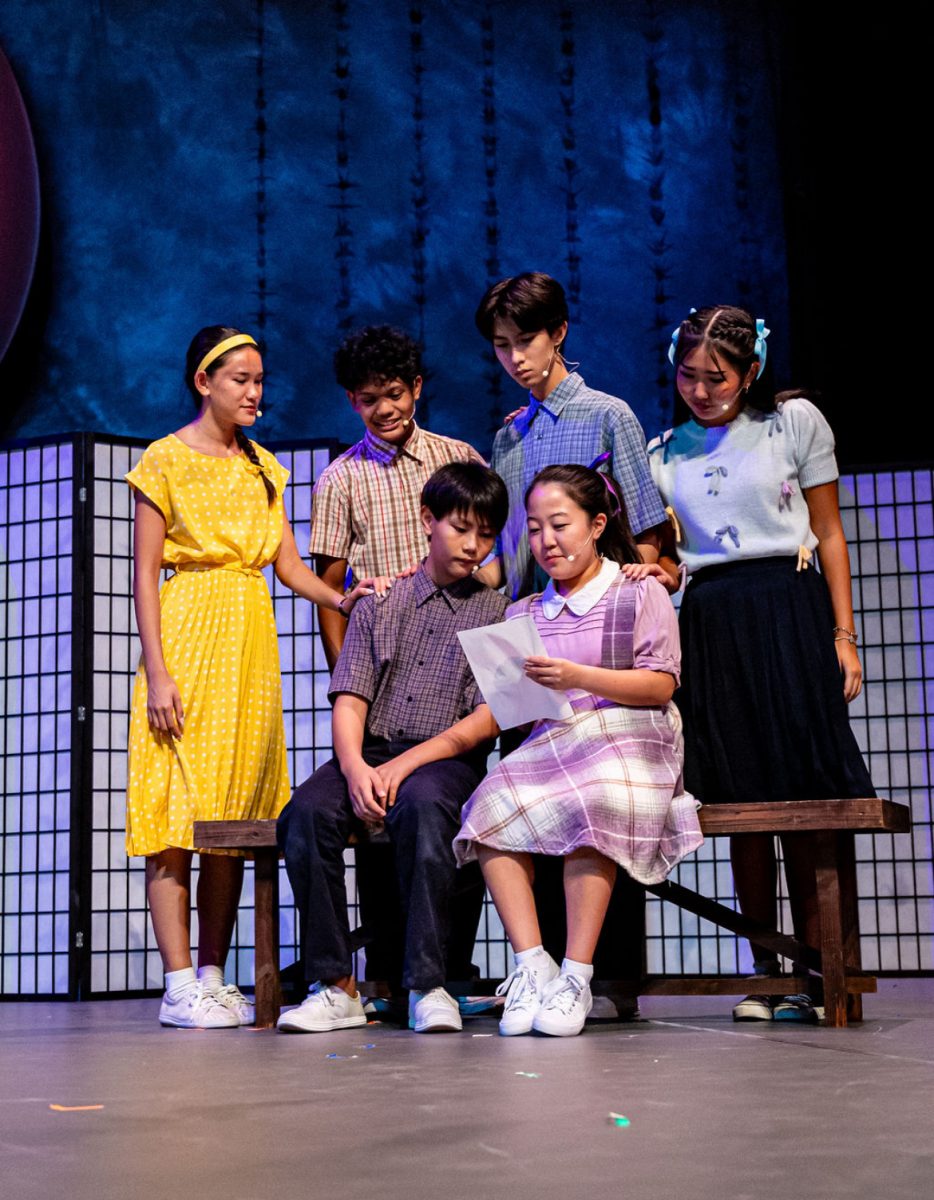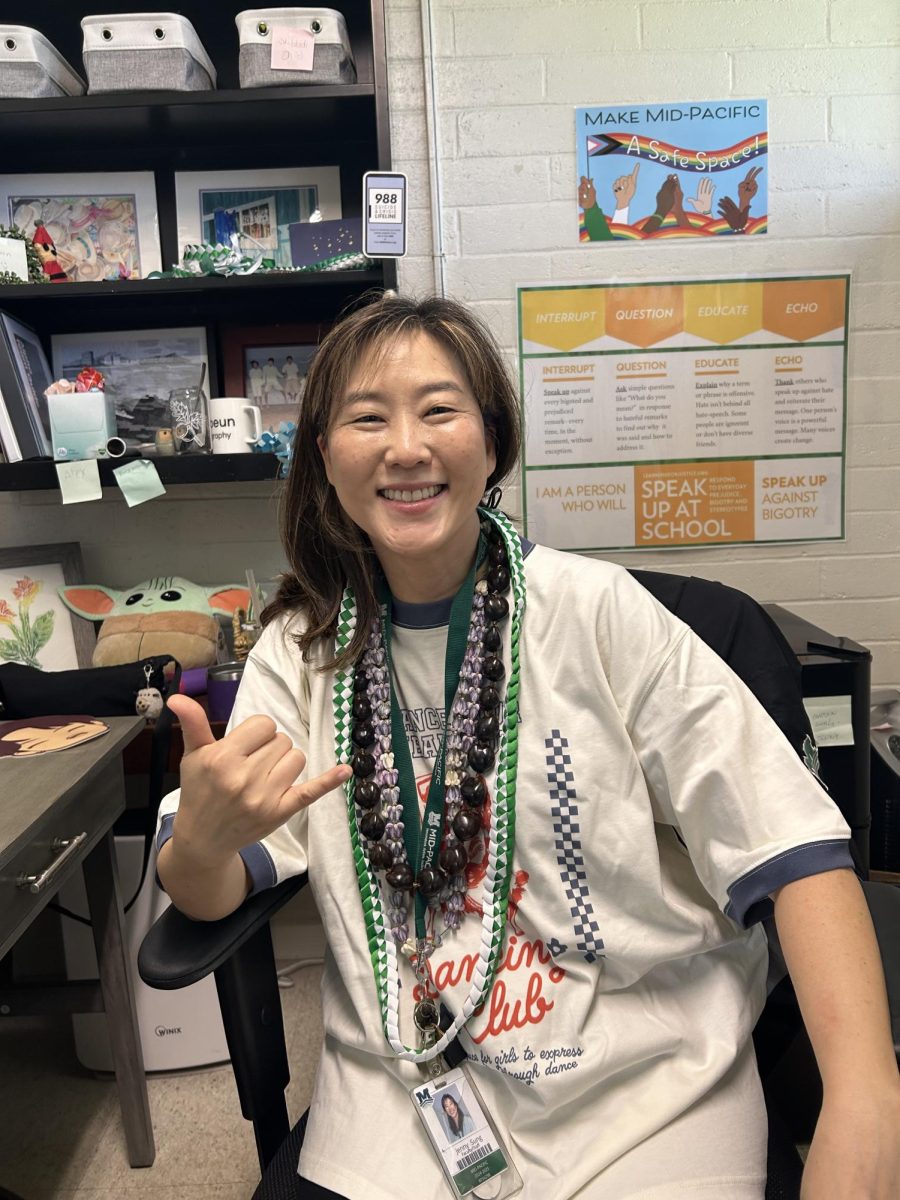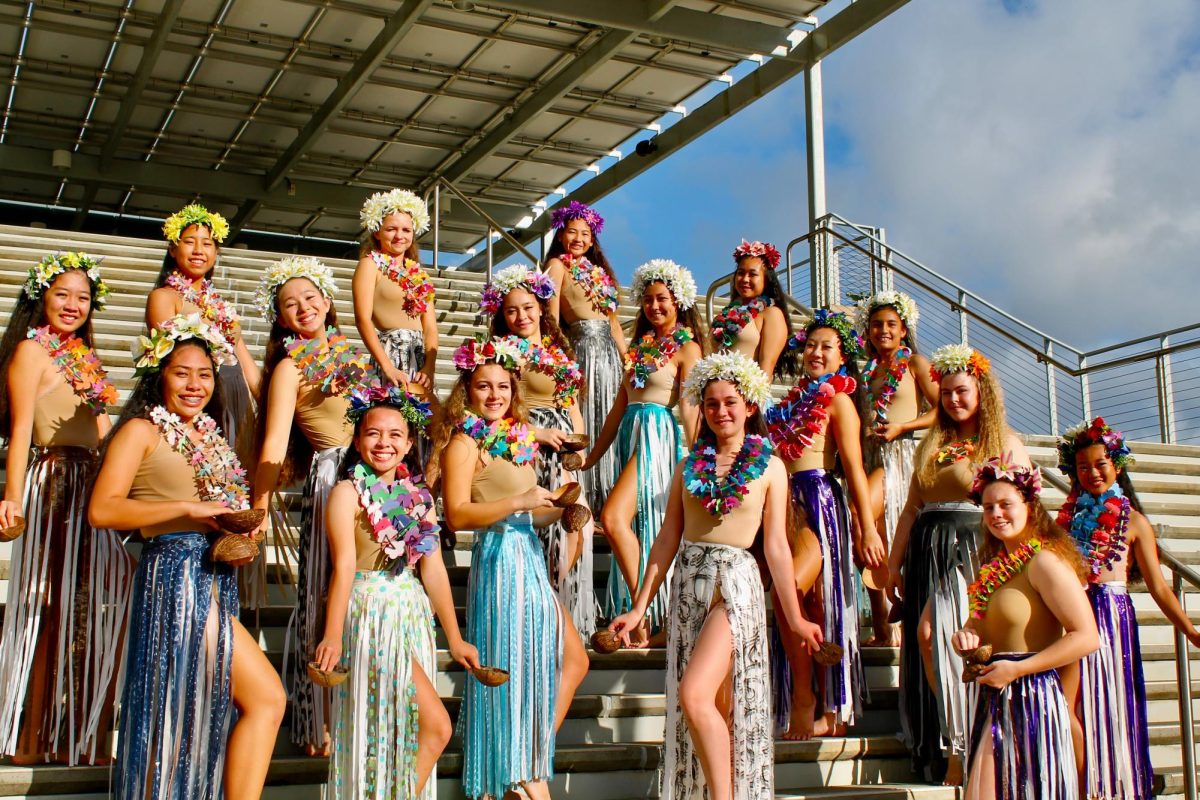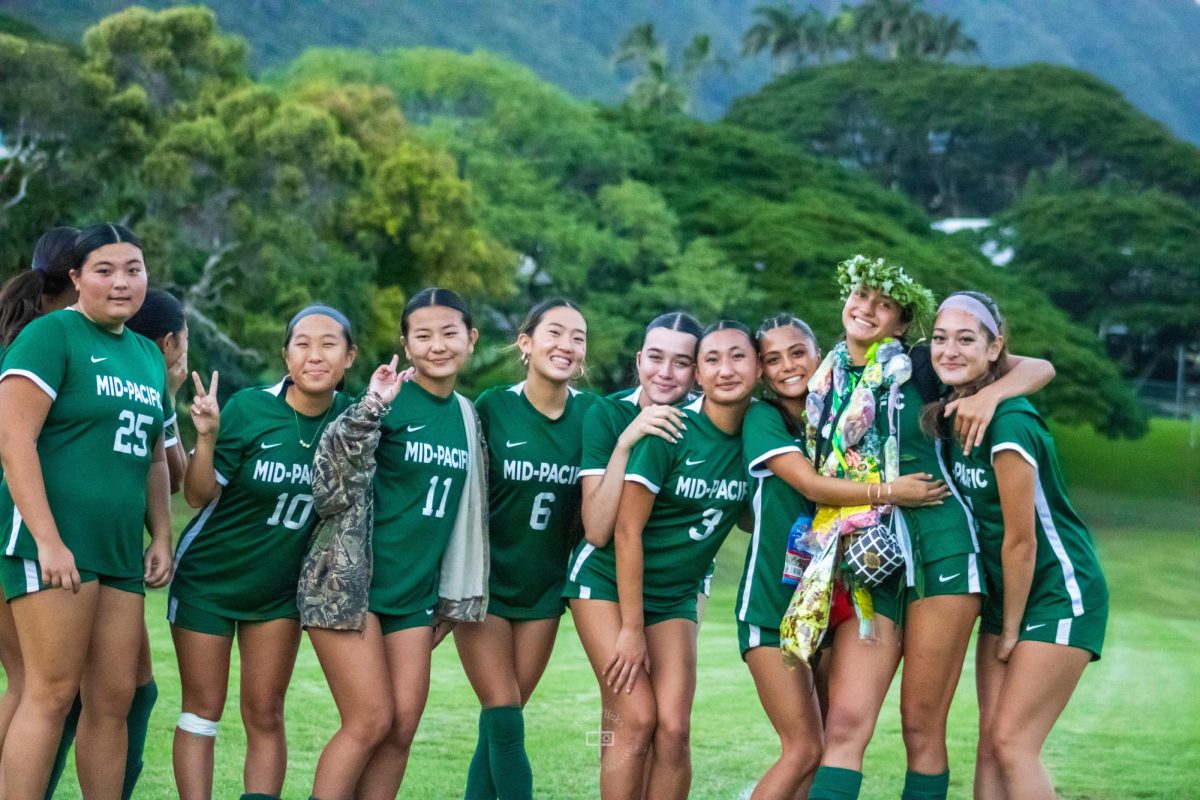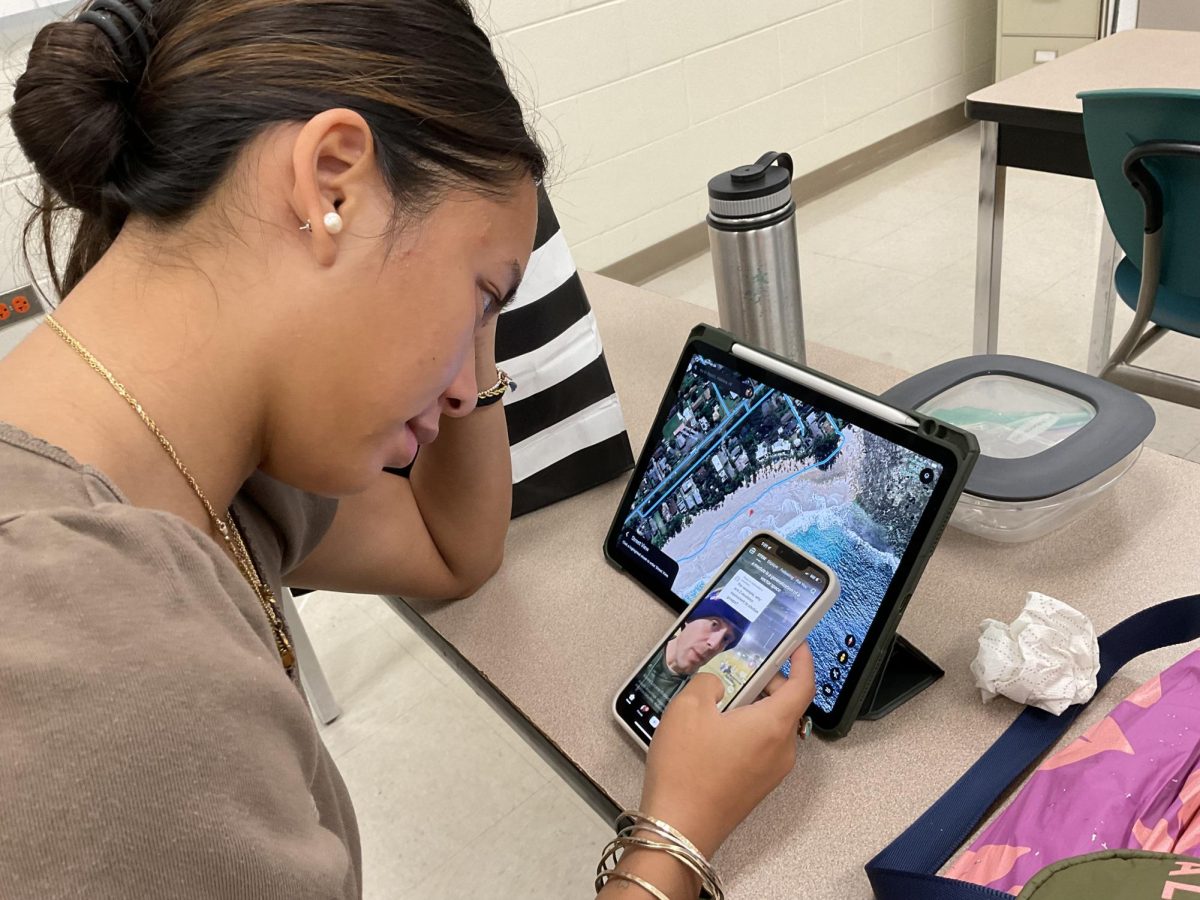Middle school is the three-year-long, painful transition from childhood to adulthood. Many learn to become self-conscious of their body as it undergoes various changes and affects the way they are perceived by their peers.
Part of this change is evolutionary.
“Once you hit middle school, you start distancing yourself from your family,” Jessie Mitchell, Hawaii Center for Children and Families (HCCF) counselor, said. “Evolutionarily, you realize the people older than you are going to die. So you have to branch out and make different connections.”
With this desire to make new friends comes the concern of how to make them.
“It started in middle school… I went through the phase where I felt like I had to be like everybody else,” junior Kylie Grant said. “I felt like I had to fit in or else I would be made fun of.”
The pressure to conform—to fit the norm out of fear of exclusion—is common. Senior Kadin Cariaga-Sayegusa believes it has to do with the feeling of falling behind, or being the outlier.
“When I was in baseball in middle school, I felt like I had to conform to the culture of being competitive. It feels like the saying, ‘the nail that sticks out gets hammered down’. You kind of have to go with what everyone else is saying, even when they promote things you don’t agree with, because you’re the outlier,” Cariaga-Sayegusa said.
When one already struggles with being the outlier due to an exclusionist culture, this pressure is enforced tenfold.
“I had trouble finding where my space was. When I went to the DEI (Diversity, Equity, Inclusion) conference, I got to be in a group with people that looked like me. And when I came back, it was really hard. I spent time with people who understood, compared to people who haven’t even left Hawai’i,” sophomore Grace Harris said.
This struggle to find a place to belong to is partly human nature; we as humans feel this undeniable craving to belong to the majority.
“Humans are pack animals– we don’t want to stand out. Look at the Diddy scandal. He had these parties, did all this weird stuff… Many people [of] equal status did not feel comfortable calling him out because they wanted to fit in. It takes a lot of courage and confidence to call someone out when something is wrong,” Mitchell said.
Community is a strong foundation for fighting back against this societal pressure. Because humans are pack animals, we naturally feel safer when surrounded by those who allow us to be ourselves regardless of our true nature.
However, the lack of a supportive community can make resisting conformity even more isolating and challenging.
“Not a lot of people understand why it’s so hard to find a sense of community when they’ve known it since they were born. Meanwhile, I had to move around and try to fit myself into a box I just couldn’t fit into,” Harris said.
It’s not just human nature that’s responsible for this difficult time, but society’s culture as well. The demand to be beautiful enough when the bar keeps changing, thin enough, but not emaciated, intelligent enough, but not enough to make others insecure, is an undeniable demand fed by our culture.
For example, academic performance is heavily emphasized in our culture. Students may feel pressured to hide their intelligence to avoid seeming like “nerds,” or feel the need to perform exceptionally to meet parental or cultural expectations. Platforms like Instagram and TikTok often promote highly curated and idealized images of beauty, which can make already vulnerable youth feel even more insecure in their appearance.
“The desire to fit in, to be the norm… nobody’s smart enough, thin enough, pretty enough. No one’s enough. Our culture doesn’t promote acknowledgement of our own strengths,” Mitchell said. “We always have to stay humble and bring ourselves down.”
How do we combat something so ingrained within both ourselves and our culture? How do we combat this pressure to conform?
Perhaps we never will be able to.



